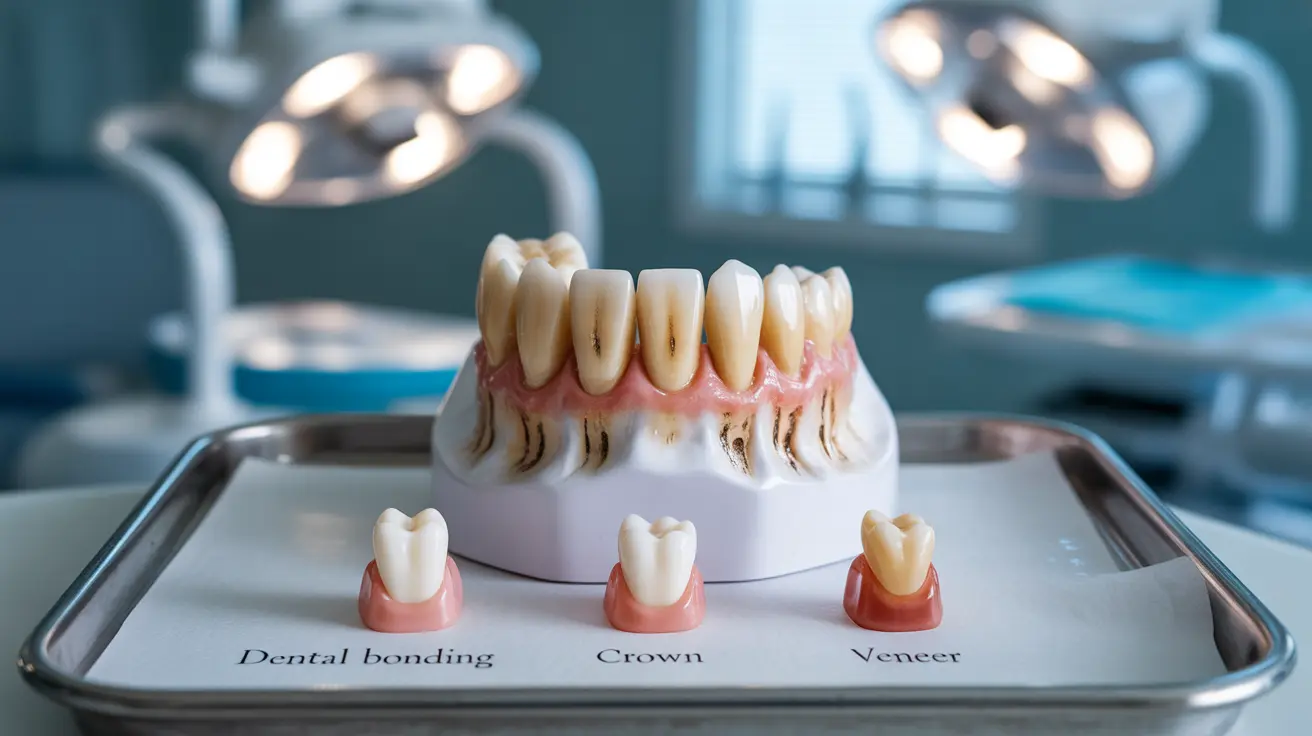Amelogenesis imperfecta (AI) is a complex genetic condition affecting tooth enamel development, requiring specialized dental care and treatment approaches. Understanding the available treatment options is crucial for patients and families affected by this condition, as proper management can significantly improve both oral function and appearance.
While there is no single cure for amelogenesis imperfecta, modern dentistry offers various effective treatment strategies that can help manage symptoms and restore dental health. This comprehensive guide explores the different treatment approaches available and helps you understand what to expect from each option.
Conservative Treatment Approaches
The initial management of amelogenesis imperfecta often begins with conservative treatments aimed at protecting and preserving the existing tooth structure. These approaches are particularly important during childhood and early adolescence.
Protective Sealants and Fluoride Treatments
Dental professionals often recommend protective sealants and regular fluoride treatments as preventive measures. These treatments help strengthen the compromised enamel and reduce sensitivity, creating a barrier against decay and further damage.
Dental Bonding Solutions
Composite bonding represents a minimally invasive treatment option, especially suitable for mild to moderate cases. This procedure involves applying tooth-colored resin material to repair and protect affected teeth, improving both appearance and function.
Advanced Restorative Solutions
Dental Crown Options
Dental crowns are often a primary treatment choice for amelogenesis imperfecta, particularly in adult patients. These custom-made caps cover the entire tooth surface, providing protection and restoring normal appearance and function. Different materials, including porcelain and metal alloys, may be used depending on the specific case requirements.
Veneers and Specialized Treatments
Porcelain veneers offer another effective solution for improving the appearance of teeth affected by amelogenesis imperfecta. These thin shells are custom-designed to cover the front surface of teeth, providing both aesthetic improvement and protection.
Comprehensive Treatment Planning
Orthodontic Considerations
Many patients with amelogenesis imperfecta may require orthodontic treatment as part of their comprehensive care plan. This helps address any bite issues or spacing problems that commonly occur with the condition, ensuring optimal functional results.
Full Mouth Rehabilitation
In severe cases, full mouth reconstruction might be necessary. This comprehensive approach combines various treatments, including crowns, implants, and orthodontics, to completely restore oral function and aesthetics.
Long-term Management Strategies
Success in treating amelogenesis imperfecta requires ongoing maintenance and regular dental monitoring. A comprehensive long-term care plan typically includes frequent dental check-ups, professional cleanings, and adjustments to treatments as needed.
Frequently Asked Questions
What are the main treatment options available for amelogenesis imperfecta? The main treatment options include protective sealants, fluoride treatments, dental bonding, crowns, veneers, and in severe cases, full mouth reconstruction. The choice of treatment depends on the severity of the condition and the patient's age.
How do dental crowns and bonding work to improve teeth affected by amelogenesis imperfecta? Dental crowns provide complete coverage and protection for affected teeth, while bonding involves applying composite resin to repair and strengthen damaged areas. Both treatments help restore normal appearance and function while protecting the underlying tooth structure.
Can orthodontic treatments help manage the effects of amelogenesis imperfecta? Yes, orthodontic treatments can be beneficial in managing amelogenesis imperfecta by correcting bite issues and spacing problems that often accompany the condition. These treatments are typically integrated into a comprehensive treatment plan.
Why is there no standard cure for amelogenesis imperfecta, and how is long-term dental care managed? There's no standard cure because amelogenesis imperfecta is a genetic condition affecting enamel formation. Long-term care involves regular monitoring, maintenance of existing treatments, and ongoing preventive care to protect dental health.
Are dental implants or full-mouth reconstruction necessary for severe cases of amelogenesis imperfecta? In severe cases where tooth structure is significantly compromised, full-mouth reconstruction including dental implants may be necessary to restore proper function and aesthetics. This decision is based on individual case severity and specific patient needs.




